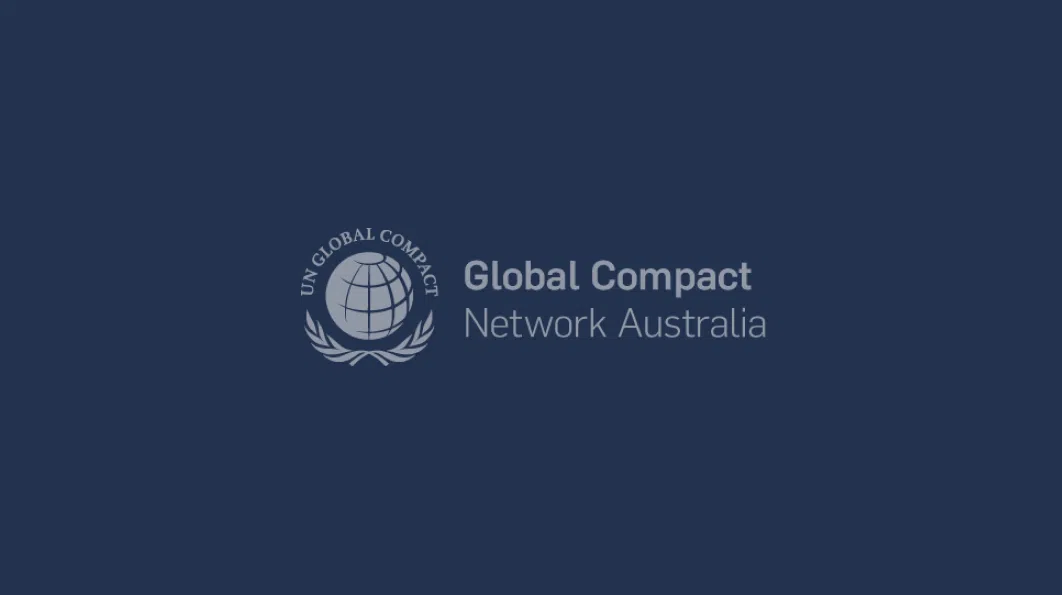
News, Sustainable Development Goals
CEOs and World Leaders Meet at United Nations to Activate Private Sector on Refugee and Migrant Crisis
UN Global Compact Network Australia | September 19, 2016
(New York, 19 September 2016) — Today, more than 350 chief executives, Heads of State and Government, UN and civil society leaders gathered at the United Nations for the annual UN Private Sector Forum to discuss the role of business in advancing sustainable development and the important link between achieving the Sustainable Development Goals (SDGs) and preventing global instability.
UN Secretary-General Ban Ki-moon emphasized the critical role of business in helping to create a more unified response to the current humanitarian crisis and offering solutions that have the potential to save lives, protect rights and secure a better future for vulnerable refugees and migrants. “I call on the private sector to combat xenophobia and discrimination in the workplace and communities,” said Ban, adding that “business should enable equal employment opportunities for refugees and migrants…and invest in education initiatives for displaced youth.” He appealed to business leaders to “help us by raising your voices and taking whatever actions you can to defend the most vulnerable.”
With over 60 million people displaced worldwide, advancing the 2030 Agenda for Development is crucial to stem the growing flows of people fleeing conflict and insecurity around the world, address root causes of instability, and avoid future crises caused by large scale migration and forced displacement. With the theme of Business and the 2030 Agenda: Securing the Way Forward, the UN Private Sector Forum emphasized the important connections between the SDGs and the new Agenda for Humanity – which, together with the Paris Agreement on Climate Change and the Action Agenda on Financing for Development, are pillars of the 2030 Agenda.
In his keynote address, Prime Minister of Canada Justin Trudeau underscored the imperative to bring business to the table to address the refugee and migrant crisis. “All parts of society must have a shared role in building a successful, inclusive world. It is up to each of us to do what we can, where we can, to help migrants and refugees build better, more stable lives for themselves.” He continued on to encourage the business community to support migrants and refugees, providing them, “the sense of belonging that is humanity’s collective birthright.”
Marking the one-year anniversary of the adoption of the SDGs, the Forum saw the announcement of 50 corporate and other commitments and partnerships addressing each of the 17 SDGs. Major announcements include:
- GSMA, a global mobile industry association, will identify and mobilize action by the mobile industry on critical areas related to the humanitarian agenda and SDGs;
- IKEA Switzerland will open opportunities to refugees in the Swiss job market by offering six-month internships to nearly 100 refugees; and
- Oando PLC committed to investing in education for internally displaced children in Nigeria who have been driven away from their communities and schools by terrorist groups such as Boko Haram.
In an effort to encourage further UN-Business collaboration toward achieving the SDGs, the UN Global Compact launched the Partnership Passport, an interactive resource for companies to find new UN partnership opportunities and enhance existing ones.
The event also saw the launch of Children in Humanitarian Crises: What Business Can Do, a guide developed by UNICEF and the UN Global Compact outlining ways in which business can help uphold children’s rights and support and promote their well-being during humanitarian crises.
Since 2008, the UN Private Sector Forum has annually gathered CEOs and Heads of State at the United Nations to discuss pressing issues such as climate change, global development, and human rights. Hosted by UN Secretary-General Ban Ki-moon, this year’s Forum was held in the context of the UN Summit for Refugees and Migrants, and was organized by the UN Global Compact in collaboration with the Co-Chairs of the United Nations High-Level Meeting of the General Assembly to address Large Movements of Refugees and Migrant, in partnership with the International Organization for Migration (IOM); Sustainable Development Goals Fund (SDGF); The UN Refugee Agency (UNHCR); United Nations Children’s Fund (UNICEF); and the United Nations Foundation.
- See compendium of corporate commitments
- See full remarks by the UN Secretary-General
- See the Partnership Passport
- Read Children in Humanitarian Crises: What Business Can Do
- Learn more about the UN Private Sector Forum
GCNA Note: The GCNA has previously highlighted opportunities for businesses, including in Australia, to get involved in this space. See here.